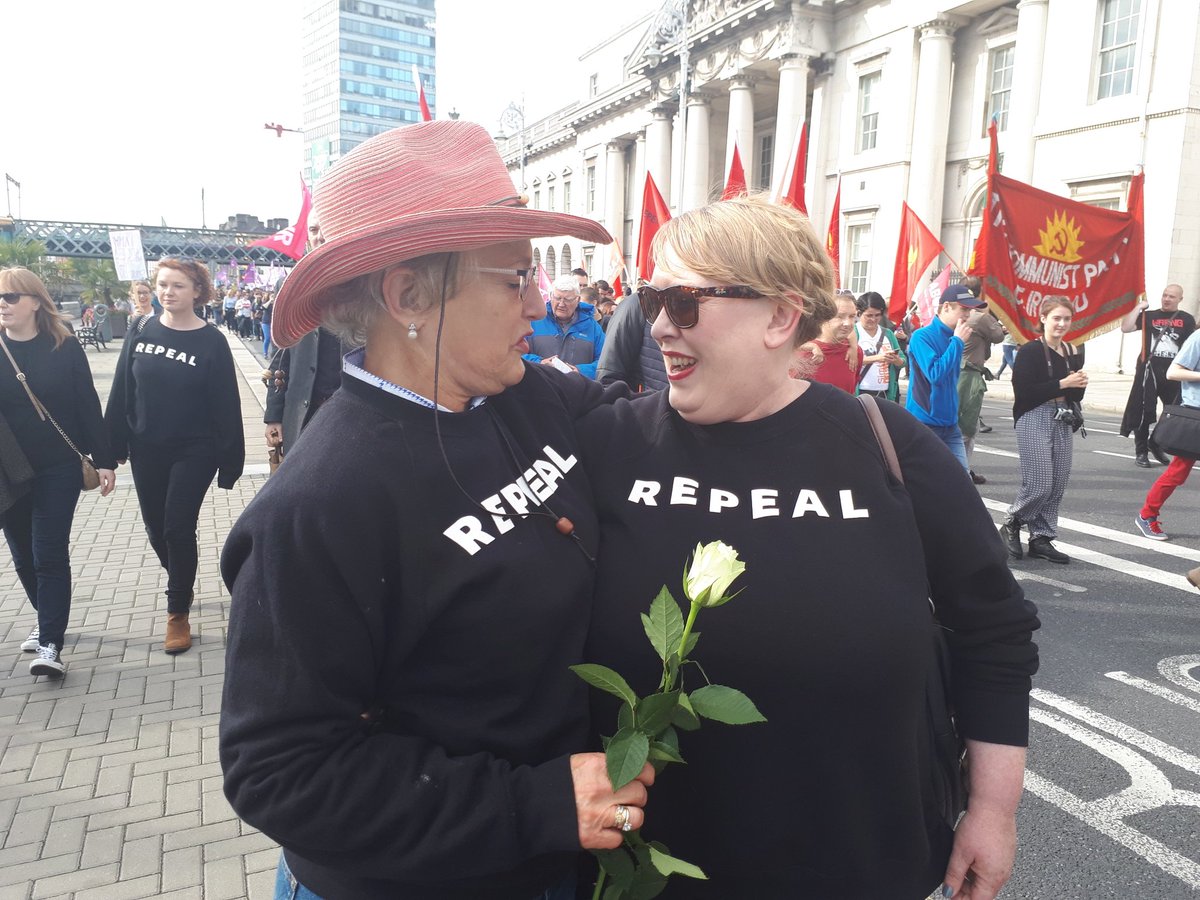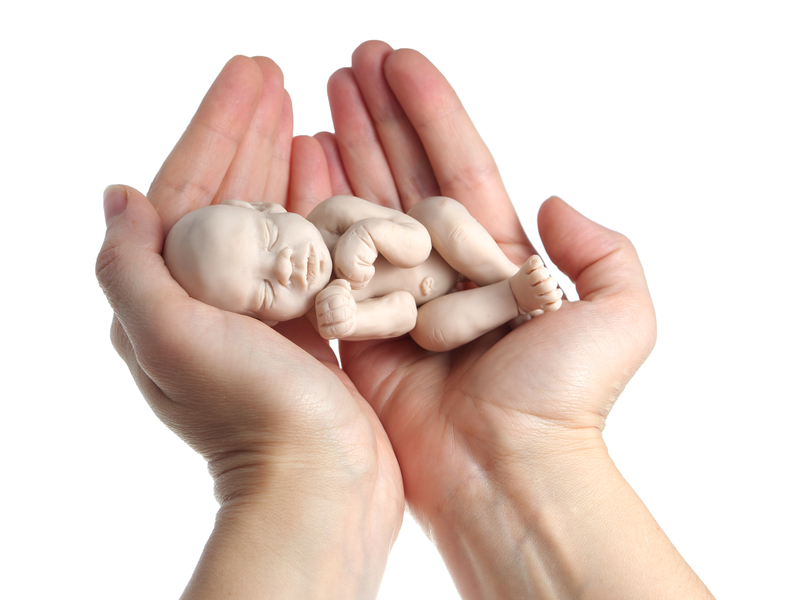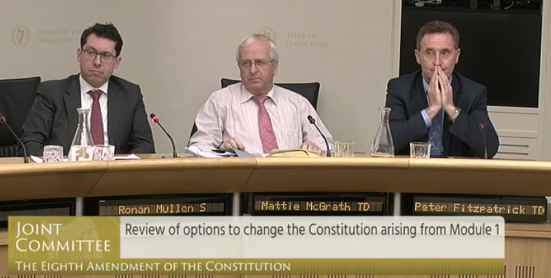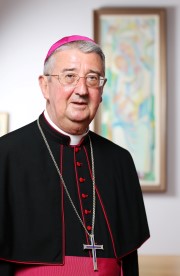


Staff and patients at Beaumont hospital have reacted angrily to a de facto ban by management on cribs in the foyer and wards of the hospital. According to the Irish Times, a petition “to save the crib” with more than 1,000 signatures was being ignored. “A lot of elderly patients are very upset. The children visiting like to see it. The staff like to see it,” their source is reported as saying.
In addition, management is “telling staff who have set up cribs . . . in the wards to remove them”.
An official response by the hospital avoided the central allegation of the petition, that the cribs in the foyer and the wards had been banned, nor did it respond to the popular appeal to return the cribs to their usual places of prominence. Instead, the statement pointed to the existence of a crib in the hospital chapel. It also said, “the wider hospital community is multicultural and therefore multifaith”. Because of this, the hospital operates “on an interdenominational basis, with chaplaincy facilities shared among the accredited Churches assigned to the hospital, namely Anglican, Methodist, Presbyterian and Roman Catholic,” the statement read.

A complaint of ‘religious discrimination’ has been made to the Equality Tribunal against University College Galway. The complaints allege that multiple incidents of bullying, harassment and intimidation of Christian students at University College Galway (UCG) have been ignored or dismissed by the university.
Members of the UCG Christian Union say the harassment began in March 2013 when a large number of their pro-life flyers were defaced or torn down.
At the beginning of the following academic year, the Student Societies body changed regulations to ban any society with fewer than 100 members. This resulted in the disbandment of all religious groups at UCG including the Christian Union, the Legion of Mary, Taize, and Jewish and Islamic groups. Later that month, the Christian Union students initiated Equality Tribunal proceedings against NUI Galway, claiming a pattern of religious discrimination over the previous 18 months. The students are still awaiting a ruling from the Equality tribunal and on Monday of this week, they took their complaints public via the Burke Broadcast website.

The Supreme Court has agreed to hear an appeal by the State concerning a significant High Court judgment which found the word “unborn” in the Constitution means an unborn child with a broad range of rights including and beyond the right to life. The State had argued that an unborn child enjoys only a right to life, and no other, and it appealed the judgment straight to the Supreme Court, bypassing the Court of Appeals. The Supreme Court has now agreed to hear the appeal and, because the matter is so important, the whole 7 judge panel of the Court may hear the case. If the State is successful, it means the unborn child will have absolutely no statutory rights whatsoever, apart from the right to life. Then, if the 1983 amendment is repealed and not replaced with anything else, the unborn will be left with no rights at all.
The case stems from a legal dispute over a deportation order that involved a question about the rights of an unborn child. In the High Court Mr Justice Humphreys held “unborn” means an “unborn child” with rights extending beyond the right to life under Article 40.3.3 (the 1983 pro-life amendment to the Constitution). He also interpreted Article 42A of the Constitution, inserted as a result of the 2012 Children’s Referendum, as affording protections to all children “both before and after birth”. The unborn child, including of a parent facing deportation, enjoys “significant” rights and legal position at common law, by statute, and under the Constitution, “going well beyond the right to life alone”, the judge held. Many of those rights are “actually effective” rather than merely prospective, he said.

Three members of the Oireachtas abortion committee have dissented from the official report of the committee and published their own Minority Report instead. Peter Fitzpatrick TD, Mattie McGrath TD and Senator Ronan Mullen said the committee followed “an unacceptably flawed process” that “led inevitably to cruel and unjust recommendations”. In contrast to the Committee’s recommendation to repeal the Eighth Amendment and introduce a radical abortion regime, the dissenting trio have recommended that the “Eighth Amendment be retained and that this fundamental issue of human rights not be put to the vote”. They have also asked that a new Citizens’ Assembly be convened “to explore the means whereby positive alternatives to abortion can be explored so as to fully respect and defend the rights of unborn children and their mothers and partners”. In addition, they have asked that “the provision of appropriate perinatal and palliative care be provided in a consistent, high-quality manner across the country and that great public attention be drawn to this”. Finally, they recommend that “under a retained Constitutional provision, attention be paid to the provision of pregnancy counselling, in particular State-funded pregnancy counselling, so as to provide appropriate care to women in crisis pregnancy while seeking to prevent abortion by way of encouraging positive alternatives wherever possible”.


The UK’s Foreign and Commonwealth Office (FCO) hosted an event last week to mark the anniversary of the Universal Declaration of Human Rights (UDHR). The meeting focused exclusively on freedom of religion and belief due to the escalating persecution of religious groups worldwide. Writing in Forbes magazine, human rights advocate and author, Ewelina U. Ochab, said that while believers in the West face discrimination on religious grounds, worldwide the persecution of religious groups goes to the very fabric of their being, involving murder, torture, abuse, slavery, rape, sexual exploitation, forced conversion, forced marriage, and forced displacement.
Despite the worsening situation around the world, she said the topic continues to be neglected by states and international institutions: “Religious intolerance is the virus that causes the persecution, and if not treated, will ultimately lead to mass atrocities, including genocide, as it has several times over the recent decades”.
She concluded: “There is an urgent need to put the topic of religious persecution permanently on the UN agenda – not just in conjunction with other issues, but as an issue in its own right. An issue that threatens international peace and security. An issue that threatens the existence of religious groups, especially where they are minorities. An issue that aims at the beliefs of every person targeted, to deprive them of their humanity”.

Neither the Gardai nor Revenue have raised any red flag to two straight male friends marrying merely as a scheme to avoid paying inheritance tax. The Sunday Independent reported at the weekend that the Gardai usually investigate the validity marriages only in circumstances where immigration is an issue, not taxation. Revenue said it cannot investigate how legitimate a marriage is. “The validity of marriages is not a matter for Revenue,” said a spokeswoman.
In the marriage referendum of 2015, the Referendum Commission confirmed to The Iona Institute that under the new definition of marriage two heterosexual friends of the same sex would be permitted to marry. The Iona Institute said at the time that this clearly demonstrated that marriage was being turned into a legally recognized friendship pact rather than the conjugal union of man and woman.

“The Eighth Amendment treats every human life with the same regard,” he said. “When that goes society is saying some lives are worth less than other lives. That upsets me . . . [as] it’s always then the weakest life that is affected.”
Asked whether the Catholic church faced defeat in the abortion referendum, he said: “The Church would be defeated if it caves in on its principles. I think people will respect the Church if they speak very strongly about their principles and stick by them.”
Dr Martin said the position of the Catholic Church is very clear and will be presented respectfully and he hopes it will be listened to with the same respect. The Bishops are not going to ask to “dominate” the legislative framework, but “they and Catholic Christians have a right to present their position respectfully, but strongly.”